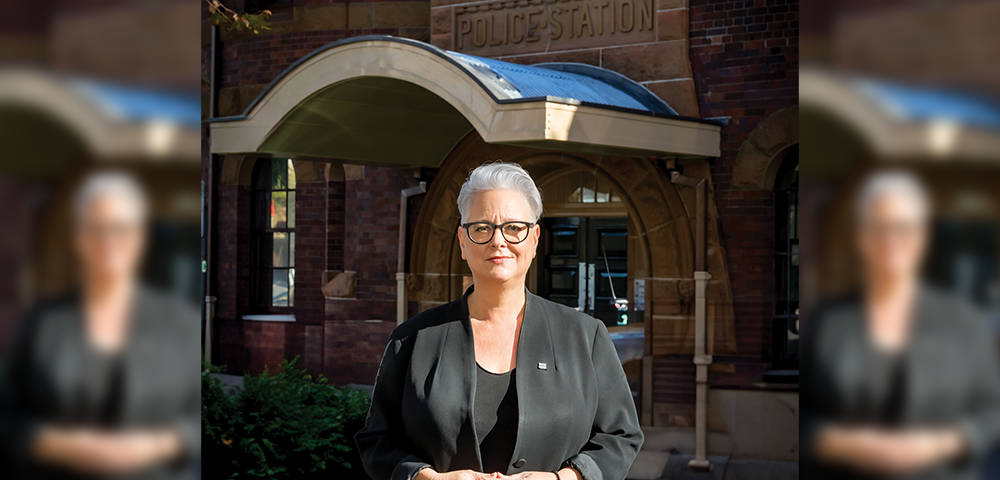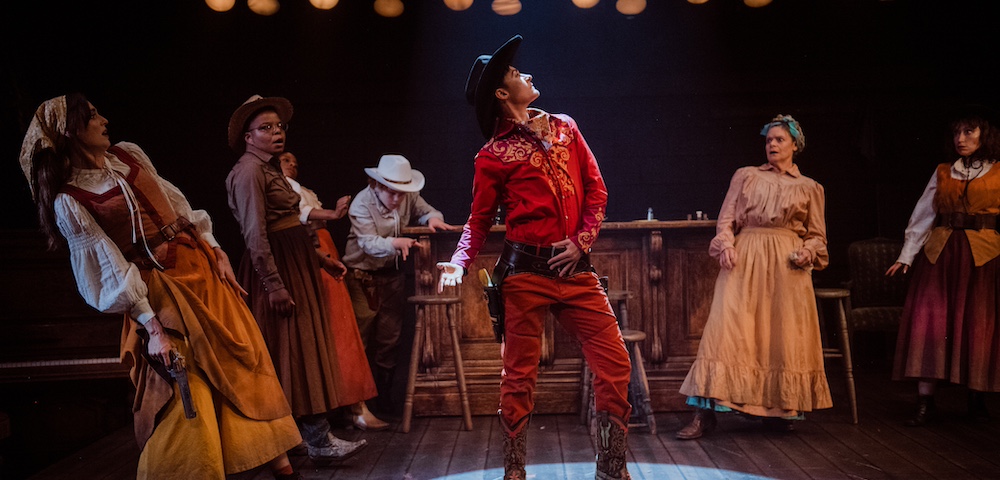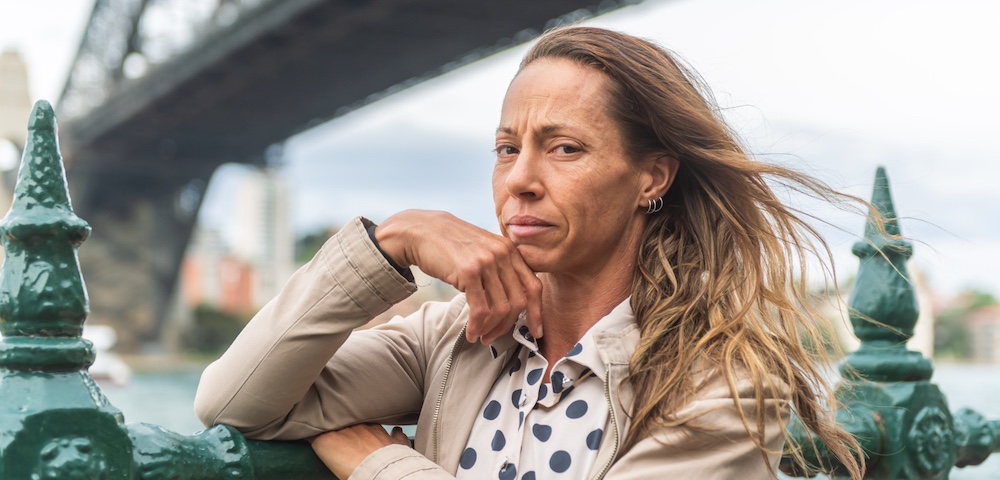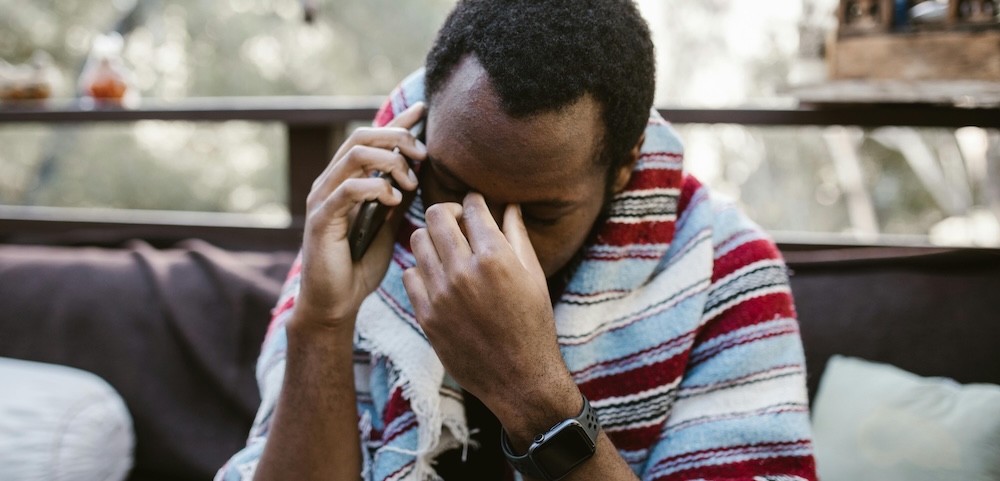
Why The NSW Apology For The Criminal History of Homosexuality is So Vitally Important

On June 6, 2024, the LGBTQI+ community witnessed the formal NSW apology for those who were victims of homosexuality being criminalised.
In 1984, the Crimes Amendment Bill decriminalised homosexuality across NSW. But before that, our community faced persecution and unspeakable traumas because of who we are or who we loved. And the state of the NSW finally delivered a formal apology to those who were victimised under laws that criminalised our existence.
The Hon. Penny Sharpe is the Leader of the Government in the NSW Legislative Council, Minister for Climate Change, Energy, Heritage and Environment, and a proud lesbian and devoted LGBTQI+ advocate.
She says is “proud and relieved” that NSW will finally deliver a formal apology.
“It has taken 40 years since the decriminalisation of homosexual acts for NSW to truly understand the long lasting and detrimental impact of laws that criminalised gay & bi men and many trans men and women,” Sharpe tells Star Observer.
Bafflingly, there were 22 entire years between the first and last state passing decriminalisation, and considering Sydney’s modern status as the gay capital of Australia, NSW is interestingly toward the end of that list.
The first was South Australia, who swiftly passed reform in 1975 after the shocking gay hate murder of Dr George Duncan. The ACT came right after in 1976, Victoria in 1980, and NT in ‘83. NSW’s law reform happened in 1984, followed by WA in ‘89, Queensland in ‘90, and bringing up the rear was Tasmania in 1997.
The criminalisation of homosexuality was all-embracing in its discrimination
Sexual activity between women may never have been outlawed, and buggery laws may have been specific in affecting gay and bisexual men, but the entire LGBTQI+ community were targeted in a myriad of legal loopholes. Like using ‘public indecency’ entrapments at beats or in toilets, public space laws being used to punish any same-sex attracted people for showing one another affection.
So while the decriminalisation of homosexual acts may have appeared specific to gay and bi men on the surface, it was a moment for celebration for all, and much-needed good news for a community trying to stay alive through a viral epidemic.
First Mardi Gras founder and long-time activist Ken Davis shared that NSW’s 1984 decriminalisation had an enormously positive effect on the community’s ability to fight through the HIV/AIDS epidemic.
“The victory in 1984 was extremely hard fought, enormously symbolically and politically important,” says Ken. “It really changed our ability to respond to the threat of HIV in Australia.”
In the years of the AIDS crisis soaring, lesbians were the ones who mobilised our community and cared for those who had fallen ill from the virus.
“Lesbians have been there alongside gay men and others in every aspect of the epidemic. [The HIV/AIDS epidemic] mobilised people to united community action and created a powerful voice for our community with [the] government, which then helped to achieve legislative reform,” said Stevie Clayton, in her reflections on her time as CEO of ACON.
Criminalisation of homosexuality gave “free pass” for LGBT discrimination
Before legal reforms, homosexuality being a criminal act meant that those who wanted to discriminate against us were essentially backed by our own government, whether it was our own families, our neighbours, our employers, the courts, or the local police officer whose supposed sworn duty was to protect all citizens. “Criminalisation gave a free pass to institutions and the community to discriminate against members of the LGBTIQ+ community,” says Sharpe.
Arrests, and the fear of, were not the sole consequence of criminalisation. The effects were even more insidious; it seeped into every aspect of lives and every moment of days. It is wholly impossible to avoid committing crime when your natural state of being is criminalised; your crime is your existence.
“People who were caught under the laws were outed to their families and employers. They lost jobs, lost relationships, were unable to travel overseas, they were banned from some forms of employment & suffered state sanctioned harassment,” Sharpe laments.
“The stigma of being outed meant that too many took their own lives.”

Those who experienced legal repercussions for their sexuality could also face fines or jail time. Heartbreakingly, some were subject to court-sanctioned “corrective” medical treatments – these ran the gamut from potent medication, electroshock therapy, even complex brain surgeries.
Many experienced lifelong effects from these tortures, which were touted as cures for something that did not need to be cured.
“The consequences for being arrested… were enormous in terms of your family, lost jobs and scholarships, even mandated psychiatric intervention,”says Davis.
“And a lot of situations where people were facing prosecution or psychiatric intervention, or the social cost of their family, career, education, or just their overall social standing were simply too great. And people killed themselves.”
NSW apology won’t “paper over” harm, but is a way forward for our community
The intention of this formal apology was not to forget these atrocities our community experienced, or bury our grief and pain. This is a slate that cannot, and should not, be cleaned.
Both Sharpe and Davis believe that instead, it is another key moment in Australia’s queer history that will help us to move even further forward.
“The apology is important because it’s an apology from the state itself,” explains Davis.
“It doesn’t materially change people’s history, but it’s enormously politically important, and feeds into a trajectory of continuing to struggle for justice and equality and freedom.”
“The apology will not paper over all the harm caused but is another way of committing NSW to continuing the law reform that is needed to achieve equality for the LGBTIQ+ community,” Sharpe says.
And to look forward, we must make sure we look back, learn where we have come from, and honour those who fought hard to achieve victories like decriminalisation and LGBTQI+ law reforms around the country.
“[This apology] will be an opportunity to thank those activists who have fought for equality for many decades, often at risk to themselves and those that they loved,” says Sharpe.
“I am able to do the work I do, have the family I have and live the life I want because of the tenacity and sacrifices for our communities those activists have made. I stand on their shoulders”.
All images: Mark Dickson / Deep Field Photography










I will be in the Public Gallery when the State of NSW through the Premier Chris Minns issues an apology. I had friends who were so ashamed of their convictions that they committed suicide.